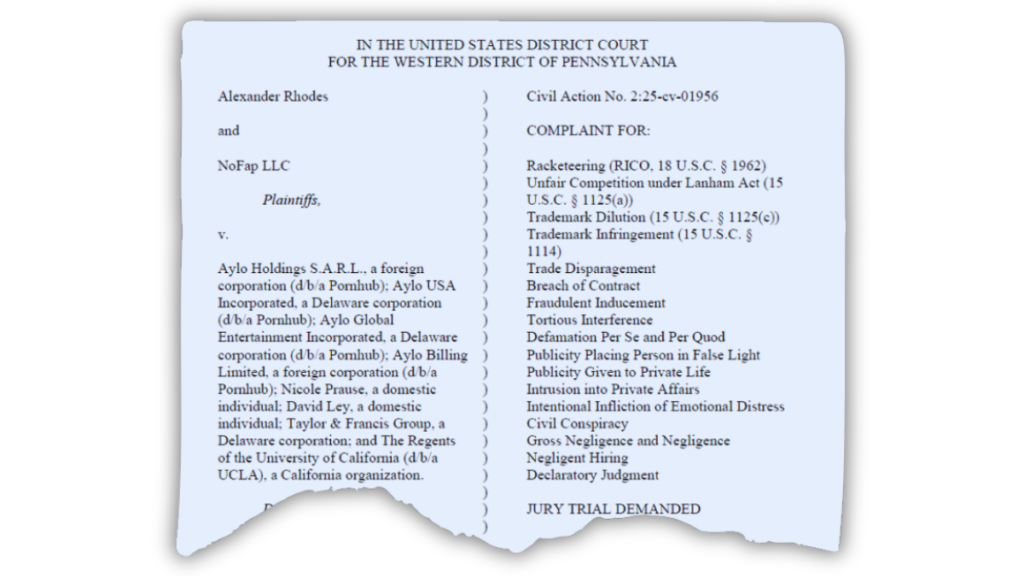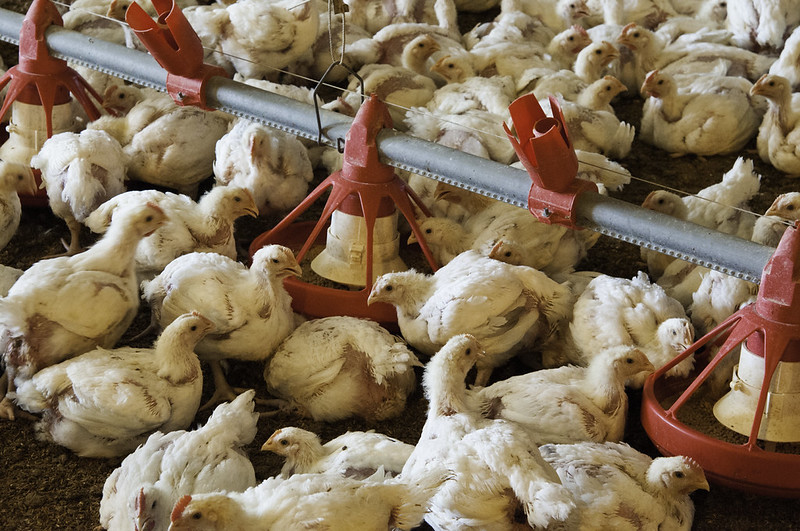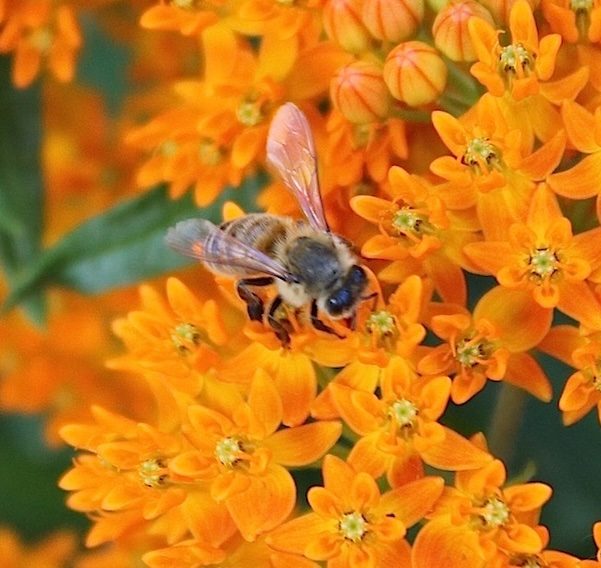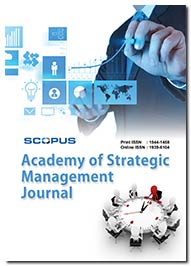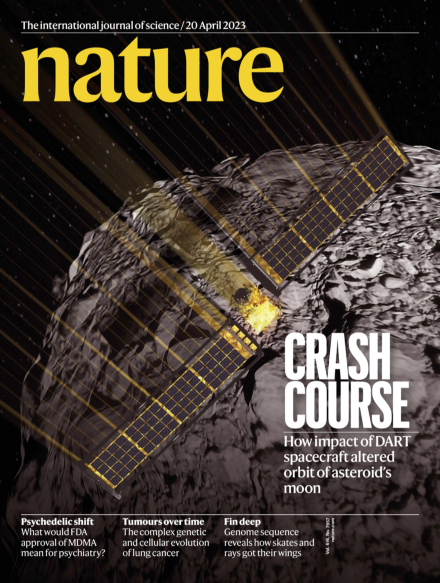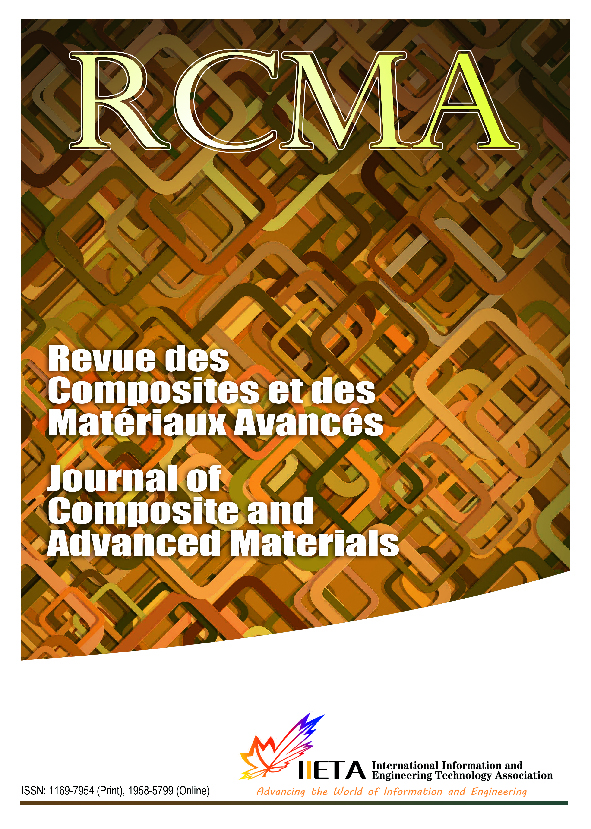In a move one research ethics expert called “odd,” a university asked one of its professors to attend a remedial integrity course — despite their “significant concerns” the training would have any impact following findings of misconduct.
In 2024, Retraction Watch covered the case of Govindasamy Ilangovan, then an associate professor of cardiovascular medicine at The Ohio State University. We reported at that time two of his papers were retracted from Heart and Circulatory Physiology at the request of the university, and that university officials had requested a third retraction. Thanks to a public records request, we now have access to the university’s 2023 final investigation report, which provides us much more information.
The released material shows a committee of the university’s research integrity officers found Ilangovan responsible for manipulating images in three papers. OSU redacted the total number of images in question, but the investigators deemed it “very concerning.”
Continue reading Heart researcher asked to attend remedial training after OSU misconduct finding, report reveals
